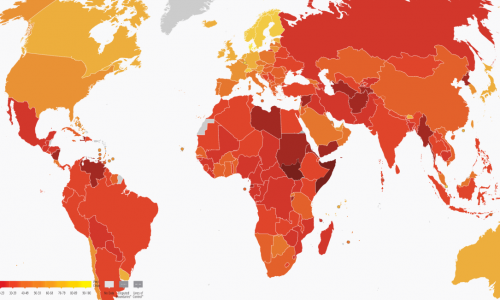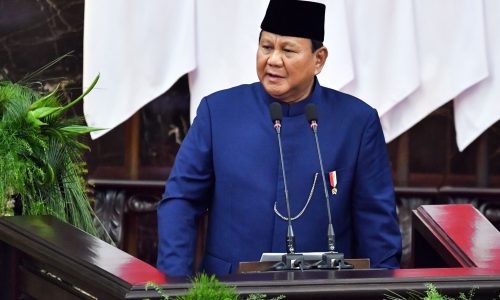The draft Health Bill (RUU) was protested by thousands of medical personnel in Indonesia, claiming that the Health Draft Bill is detrimental to medical personnel.
Many considered that the regulation was rushed, not transparent and did not yet cover the aspirations of the Indonesian people at large.
“This is the first time five health professional organizations have come together, consisting of medical personnel, health workers and students. This means that there is a common interest, there are issues that the government must pay attention to,” said Mohammad Adib Khumaidi, general chairman of the Indonesian Doctors Association.
According to Khumaidi, the draft bill should strengthen legal protection for health workers and medical personnel in carrying out professional practices according to existing standards. However, this is not regulated in the Health Draft Bill.
“This is a form of criminalization to health workers and medical personnel. The state should be present through concrete norms which state that health workers and medical personnel cannot be prosecuted as long as they practice their profession according to standards,” said Khumaidi.
Response from Indonesian doctors
Previously, the Health Draft Bill was approved by the House of Representatives (DPR) in February 2023 during a plenary meeting. The meeting also resulted in a list containing potential issues that must be addressed by the draft bill.
However, input from health professional organizations is considered to be not included in the list. “In yesterday’s public hearing, none of my opinions were included in the list. Whereas, it was quite good and represented the voice of a professional organization,” said Eka Erwansyah, Head of the Dental Association Indonesia (PDGI) of Makassar Branch.
Meanwhile, Mahesa Paranadipa Maikel, Chairman of the Central Administrator of the Indonesian Medical Association, said that the discussion of the Health Draft Bill had violated the democratic process in drafting legislation.
The draft is seen as pitting one health professional against the other and discrediting health professional organizations.
Government response
Kunta Wibawa Dasa Nugraha, Secretary General of the Ministry of Health responded to the demonstrators, saying that he would listen to complaints from professional organizations. However, he also explained that reform must continue, not for organizational, personal or one-party interests, but for the greater public.
“We listen [to inputs]. We will discuss it, but the point is, one, transformation must be carried out. Our experience with Covid-19 has taught us that,” said Nugraha.
Meanwhile, according to Budi Gunadi Sadikin, the Health Minister said that the government had its own reasons for pushing the Health Draft Bill forward. Budi argued that one of those reasons is Indonesia is still lacking in doctors.
Currently, Indonesia needs around 400 cardiologists. However, out of 92 medical faculties, only 20 have specialist study programs. Meanwhile, the biggest shortage of specialist doctors is in obstetrics and gynecology services with 3,941 doctors, while the number of pediatric health specialists and internists are only 3,662 doctors and 2,581 doctors, respectively.
Sadikin explained that the Ministry of Health had collaborated with the Ministry of Education, Culture, Research and Technology, Ministry of Finance, and the Education Fund Management Agency (LPDP) to increase the quota for specialist and subspecialist doctor scholarships. He highlighted that the Health Draft Bill is very important because of the increase in primary services.










